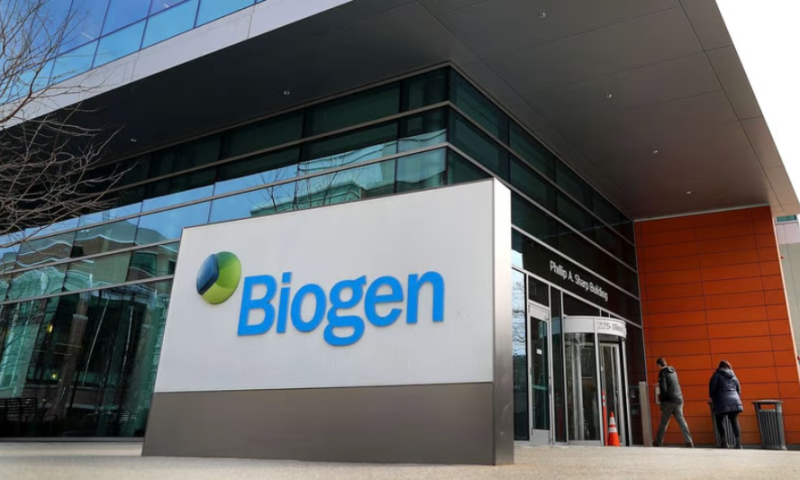Sage Therapeutics and Biogen have shared a closer look at phase 3 data on zuranolone in postpartum depression (PPD), presenting secondary endpoint results from SKYLARK while racing to wrap up a filing for FDA approval.
The partners released top-line data from the study in June and revealed the figures behind the hit against the 17-item Hamilton Rating Scale for Depression (HAMD-17) primary endpoint. As well as showing that recipients of zuranolone performed better on Day 15, Sage and Biogen shared positive HAMD-17 data for other time points and for a secondary endpoint that assessed disease severity at Day 15.
Having shared key figures in the initial press release, Sage and Biogen arrived at the European College of Neuropsychopharmacology congress in Austria clutching new results from several secondary endpoints.
The new analyses revealed that a higher proportion of patients in the zuranolone cohort experienced a 50% or greater decrease from their baseline HAMD-17 total score compared to the placebo arm. The response rate was higher in the zuranolone arm at days 3, 8, 15, 21 and 28. Similarly, more patients on zuranolone went into HAMD-17 remission from Day 3 through Day 45.
Sage and Biogen also presented data on the effect of zuranolone on the Hamilton Anxiety Rating Scale (HAM-A). The study linked zuranolone to significant improvements in anxiety scores, as measured by the HAM-A scale, at days 3, 8, 15 and 45. Some women with PPD suffer severe anxiety and panic attacks.
The secondary endpoint data will form part of the submission Sage and Biogen are making to the FDA. The partners aim to complete a rolling new drug application covering the use of zuranolone in both PPD and major depressive disorder by the end of the year.

